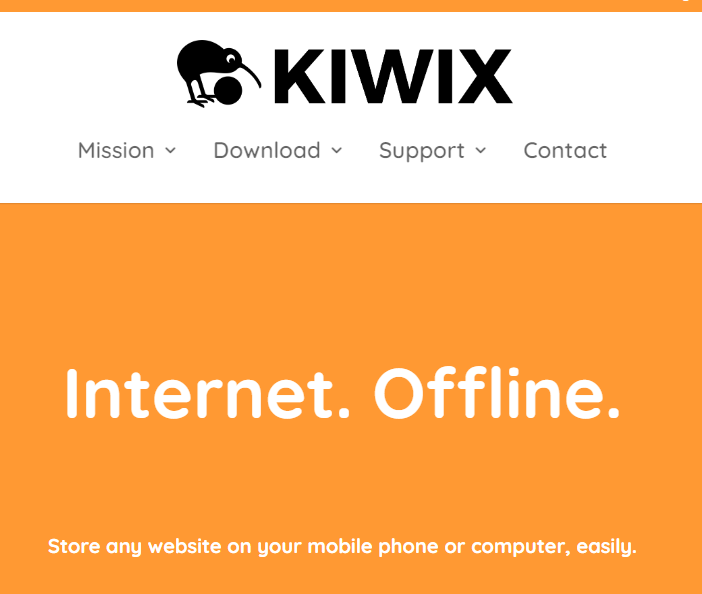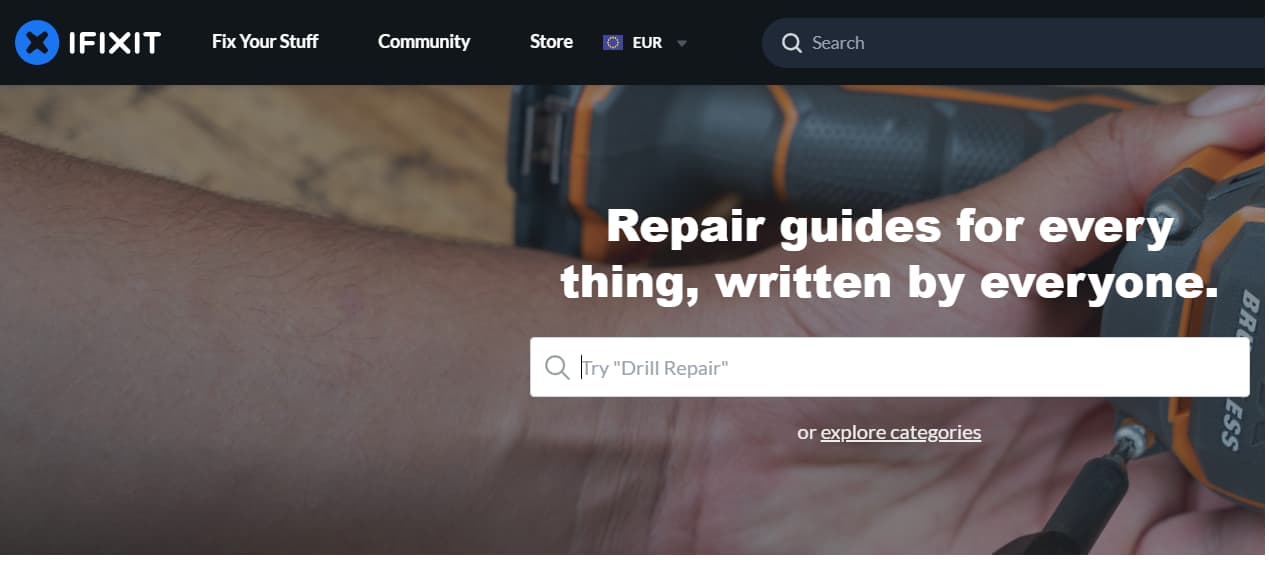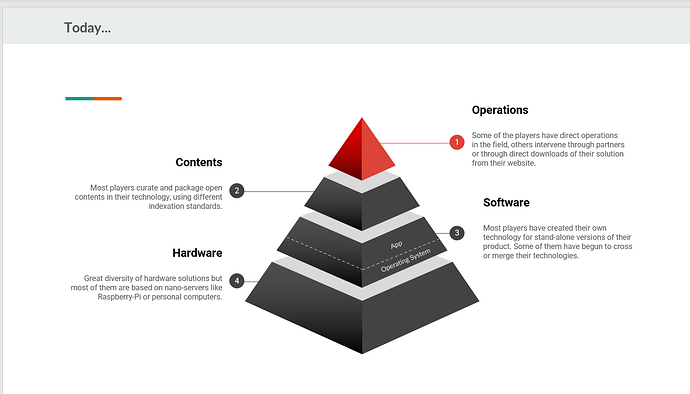Hi, I saw this article and felt hyped! Turn your phone into the Swiss Army encyclopedia of fixing things – Kiwix (1 minute read.)
we are now happy to announce that offline archives of iFixit are available for everyone to download in each of the 12 languages currently supported by the website . Each package is about 2.5GB in size and contains more than 44 thousand guides, including 456 thousand images, listed among nearly 19 thousand categories.
Some of you might know that I used to work at Libraries without Borders and through that met many of those who would come to form the Offline Internet Consortium. This is relevant to access to Know-How because access includes accessibility, taking into account affordability and accessibility of the connection to the www, as well as readability on the devices people are actually using. And some of the solutions to accessibility are technical (software, hardware). There’s also a human knowledge component around curation and creation of content but that’s a story for another day (well, then again, that’s also the story behind iFixit, but right now I want to focus on why this matters in terms of technology).
Long story short: the likes of people in the Offline Internet Consortium each work on some level of the layers to make media accessible by taking it offline, curating it, hosting it on devices that are mobile in some way etc… (Often Open Education Resources but not only).
Description: Layers of Offline Internet today: Operations, Content, Software (OS, content managers…, Hardware) (2018).
Credit: Bibliotheques Sans Frontieres. 2018. Download full ppt. presentation here.
Why do I post this here? Because this partnership between Kiwix and iFixit is particularly relevant to people interested in an IoP as it takes the topic out of the “supporting access to education resources for formal education” (which this topic often is assimilated to) and takes into what I would call a (very strategic) subset of making: repair.
I have had conversations with several of you(1) on how to make design and documentation accessible beyond the internet, and this is an example of organisations who have done it IRL.
(1) @mak3r-nathan, @max_w, @RosmoRobot to name a few


